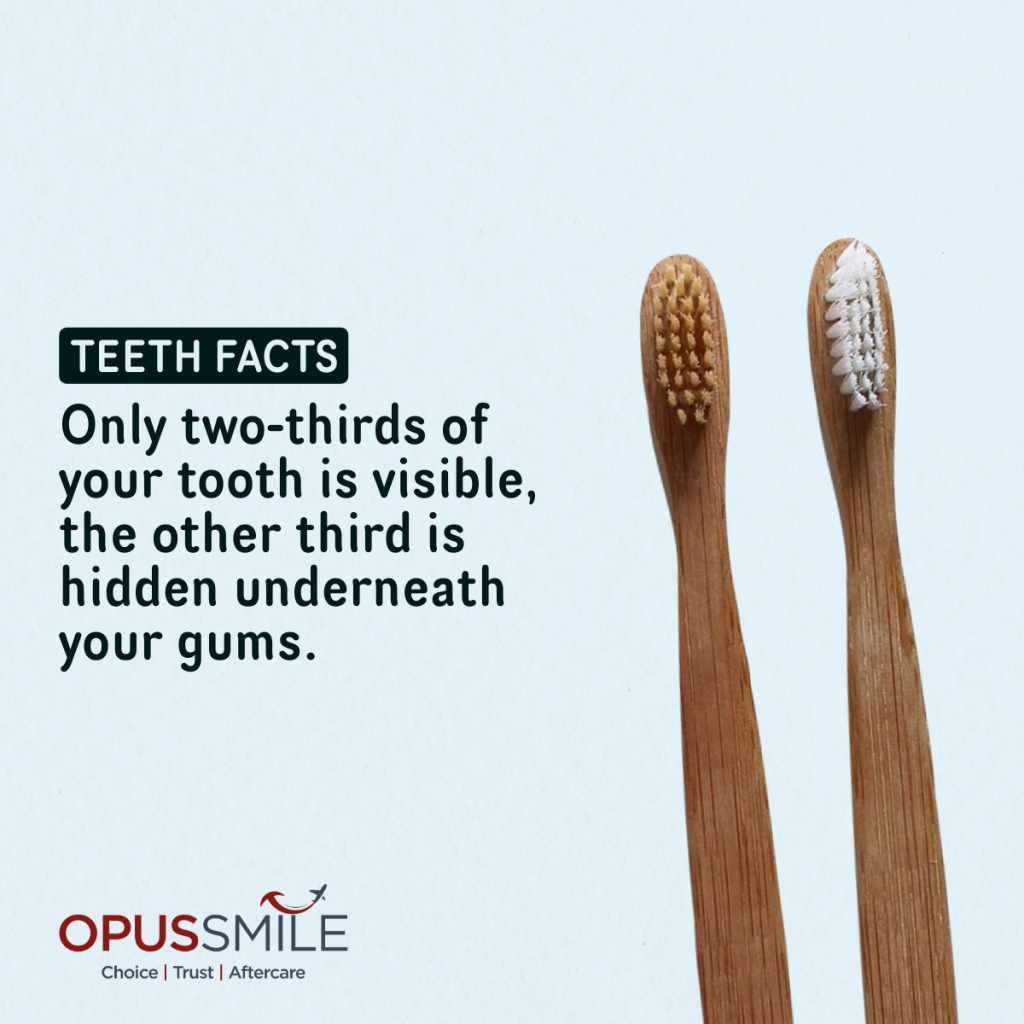Navigating the NHS dental system in the UK can often seem overwhelming, especially with growing concerns around access and affordability new dentists. For many, finding an NHS dentist is vital to maintaining oral health, particularly when compared to the costlier private dental care options. However, due to increasing demand and ongoing challenges, securing NHS dental appointments has become a difficult task.
In this article, we’ll guide you through what you need to know about NHS dentistry, how to find affordable treatment, and the latest NHS dental news impacting services across the UK.
NHS Dental Care Overview
The NHS dental care system provides essential services to ensure that everyone in the UK has access to affordable oral health treatments. These services cover a wide range of treatments, from routine check-ups to more complex procedures like fillings, crowns, and even dentures. The goal is to offer quality care without the hefty costs associated with private dental care.
Despite this, accessing NHS dental services has become increasingly challenging due to growing demand. Many regions are facing significant shortages of NHS dentists, particularly in under served areas, which has led to longer waiting times and difficulty in securing NHS dental appointments.
Cost of social care is another major consideration for patients. While NHS dental treatment is significantly more affordable than private care, patients are still expected to contribute to the cost depending on the treatment they receive. However, children, pregnant women, and individuals on certain benefits are entitled to free treatment, ensuring that vital oral health care remains accessible to the most vulnerable.
The government continues to work towards improving NHS dental services, but patients are advised to book appointments early and maintain regular check-ups to avoid unnecessary delays.
Understanding the NHS Dental Contract
The NHS dental contract plays a crucial role in how dental services are delivered across the UK. Introduced in 2006, this contract governs how NHS dentists are compensated and how dental practices manage their workload. Essentially, dental practices are paid based on Units of Dental Activity (UDAs), which dictate how much government funding they receive for different treatments.
However, this system has faced criticism over the years, with many dental professionals and organisations, including the General Dental Council, calling for fundamental reform. One of the biggest challenges is that the current contract doesn’t always provide enough incentive for dentists to take on new patients, especially in areas where there’s a high demand for services. This has contributed to the ongoing NHS dentist shortage and difficulties for patients trying to secure treatment.
Additionally, newly qualified dentists often struggle to find a balance between taking on NHS work and pursuing private dental care, as the current NHS dental contract doesn’t always support the career progression that many dental professionals seek. This has led to concerns that fewer newly qualified dentists are opting to work within the NHS, further exacerbating access issues.
Reforms have been proposed to address these issues, with the chief dental officer and other leading figures pushing for changes that will not only improve access for patients but improve access and also ensure that dentists are fairly compensated for the work they do.
Challenges in Accessing NHS Dental Care
One of the most pressing issues facing NHS dentistry today is the growing NHS dentist shortage. This shortage of dentistry is particularly acute in under served areas, where patients struggle to find a dentist willing to take them on. The competition for available NHS dental appointments has increased, leading to frustration for many, especially those who rely on affordable dental treatment.
A significant factor contributing to this problem is the limited number of new dentists entering the NHS system. Many newly qualified professionals prefer to pursue private dental care, a profession where they can earn higher wages and face fewer bureaucratic hurdles. Additionally, the rigid structure of the NHS dental contract often discourages dental practices from taking on new patients, further exacerbating the issue.
Government initiatives, such as the dental recovery plan, aim to address these shortages by improving recruitment and retention of dental professionals. However, these plans will take time to make a noticeable impact on the ground. In the meantime, patients are often left with long waits for appointments, sometimes having to travel to different regions to access the care they need.
The NHS plan also includes provisions to ensure that vulnerable groups, including children and the elderly, continue to receive priority treatment. Yet, more action is required to tackle the growing disparity in dental care access between different regions of the UK.

Differences Between NHS and Private Dental Care
When it comes to dental treatment in the UK, patients often face a choice between NHS dental care and private dental care. Understanding the differences between the two options is key to making an informed decision based on needs and budget.
“NHS dental services’ care is designed to be affordable and accessible, providing a range of treatments at a set cost. For example, NHS charges are divided into bands, with basic treatments like check-ups and cleanings costing less than more complex procedures like root canals or crowns. This makes NHS services appealing for those seeking essential care without the expense of private treatment.
On the other hand, private dental care offers greater flexibility in terms of treatment options and appointment availability at dental practices. Private patients often experience shorter wait times for appointments and may have access to a wider variety of cosmetic procedures that are not covered by the NHS. However, this comes with significantly higher costs, and treatments can vary widely in price depending on the practice and location.
One of the main advantages of NHS dentistry is its focus on ensuring that everyone has access to basic dental care. While private dental care can offer more tailored treatments, the cost can be prohibitive for many. For patients on a budget, the NHS remains the best option for maintaining oral health and social care.
Conclusion
At Opus Smile, we understand the challenges that patients face when trying to access NHS dental care. With increasing wait times, a shortage of NHS dentists, and limited availability of appointments, it can be difficult for many to get the timely treatment they need. That’s why we are committed to providing alternative options that ensure people prioritise your oral health without the long delays.
We not only offer high-quality dental treatments in the UK but also provide tailored solutions for those considering treatment abroad. For patients seeking quicker access to advanced procedures, our international partnerships allow you to receive world-class care at competitive prices, all while maintaining the same standards of excellence that you expect. Whether it’s routine care or more complex procedures, Opus Smile ensures that you have access to affordable and efficient treatment options both at home and abroad.
Our mission is to make sure that every patient has access to the dental care they deserve, and we are here to support you every step of the way, offering flexibility, convenience, and a commitment to excellence.











